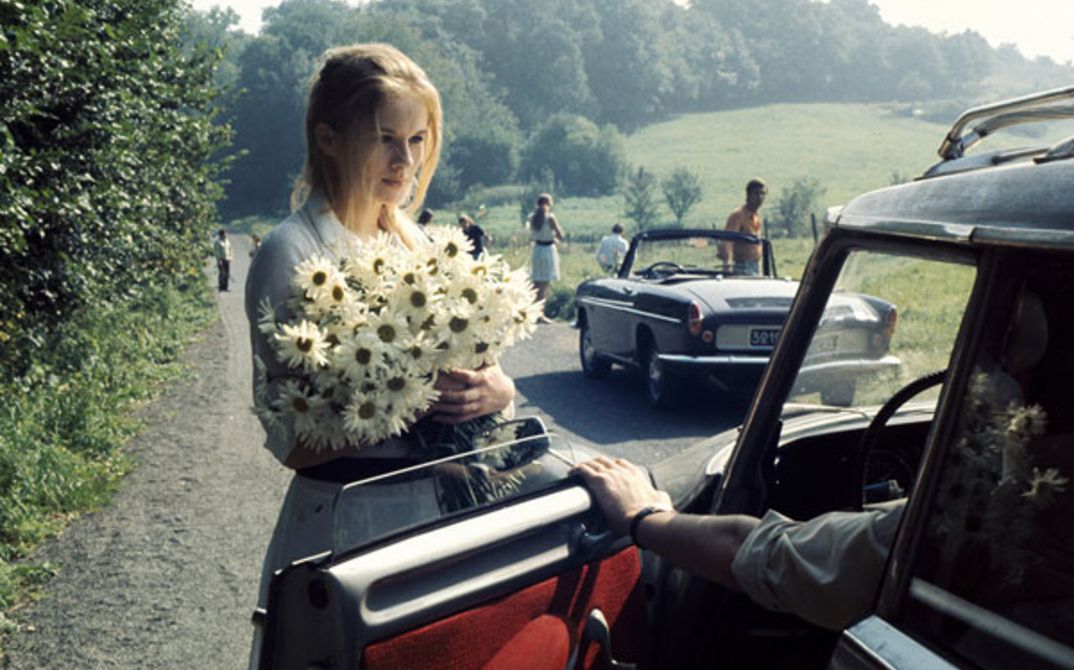
Robert Bresson Retrospective
French filmmaker Robert Bresson (1907–1999) is one of the most radical and unconventional artists in the history of film. In the 13 feature films that he shot between 1943 and 1983, he developed his own individual film language that was "written in moving pictures and sounds" and replaced dramatic acting. He formulated his thoughts and ideas about the aesthetics of cinema in Notes on the Cinematographer that was published in 1975. Bresson's spare style ensures his films cannot be mistaken for those of another.
In formal terms, his films are rigorous, elliptical, anti-dramatic and reduced to the bare essentials. The scenes unfold in a linear fashion, unburdened by emphasis or decorative accessories. His imagery is very simple - Bresson always used a 55mm lens that best suits the human eye. From his third film onwards, he stopped working with professionals, preferring amateurs, whom he called "models" and prevented from "acting". Contrary to the commonplace cliched perception that French cinema is very wordy, Bresson's characters engage in very little dialogue. A first-person narrative sometimes provides a voiceover, commenting on the action in terse sentences. Bresson was particularly attentive to sound since he considered the ear to be more creative and evocative than the eye: "If I can replace an image with a sound, I do." The spare, sober form of his films matches the contents: this is a cinema of reduction that reports on the suffering of the world but refuses to take pity, transposing the drama to the protagonists' inner lives. Recurring themes are entrapment, freedom under threat and the loneliness of individuals in their struggle for recognition and love. The films of Bresson, who was a Catholic, are also transcendental and rooted in religion and theology, although they are a far cry from piousness and display no certainty of salvation. Bresson's favorite authors included Fyodor Dostoevsky and Georges Bernanos, whose works he adapted.
We will show all 13 of Bresson's feature films before 7. May. The retrospective will be complemented by documentary works about the filmmaker.


